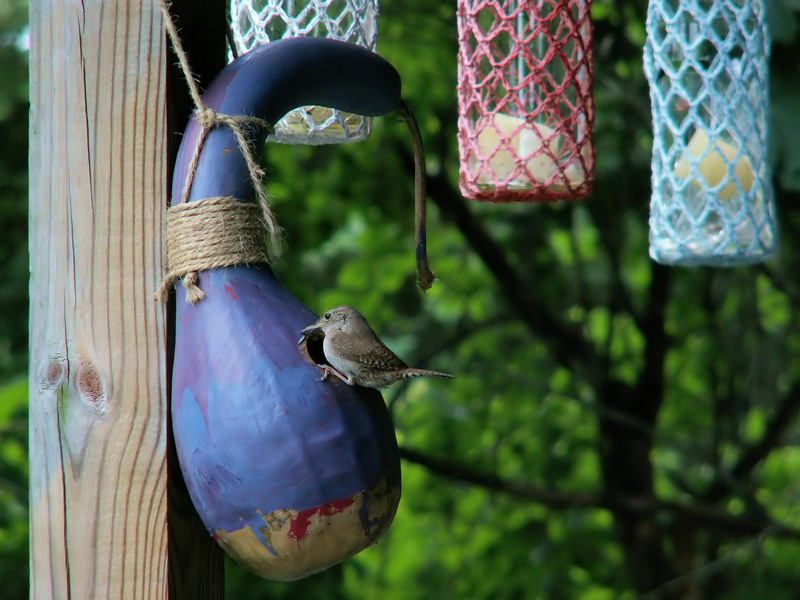Hands-On Recycling for Kids
Posted on 07/02/2025
Recycling is a pivotal practice that greatly contributes to environmental sustainability. Encouraging kids to partake in hands-on recycling activities not only educates them about the importance of managing waste but also instills environmental responsibility from a young age. This comprehensive guide aims to provide you with engaging and practical ways to involve children in recycling efforts.
Why Recycling is Important
Recycling helps in reducing waste, conserving natural resources, and curbing pollution. When kids understand the benefits of recycling, they are more likely to carry these good habits into adulthood. Teaching them early lays the groundwork for a more sustainable future.

Fun Recycling Activities for Kids
1. DIY Craft Projects
One of the most enjoyable ways to teach kids about recycling is through DIY crafts. Using materials like bottle caps, old magazines, and cardboard boxes, children can create art projects, toys, and even useful household items.
2. Recycling Sorting Games
Turning recycling into a game can make it more engaging. Create a sorting station with labeled bins for paper, plastic, metal, and glass. Challenge kids to correctly sort items into their respective bins. This can be a fun, competitive activity that also serves as an educational tool.
3. Recycling Field Trips
Take kids on a tour of a local recycling facility. Seeing the recycling process firsthand is an excellent way to deepen their understanding and appreciation of the effort involved in managing waste.
4. Environmental Science Projects
Encourage children to undertake simple science projects that involve recycling. For example, they can make compost using kitchen scraps or create a water filtration system using recycled materials. These projects can be both educational and exciting.
Integrating Recycling into Daily Routine
Teaching children about recycling shouldn't be limited to special projects or activities. Integrate recycling into daily routines to make it a natural part of their lives.
Lead by Example
Children are keen observers and often mimic the behavior of adults. Show them how you recycle at home and explain why it matters. When they see you taking recycling seriously, they are more likely to follow suit.
Make Recycling Accessible
Place recycling bins in accessible and convenient locations around your home--like the kitchen, playroom, and backyard. Label the bins clearly to help kids understand what goes where.
Educational Materials
Provide kids with books, videos, and online resources that explain the recycling process and its benefits. Knowledge is power, and the more they know, the more motivated they will be to participate.
Pros and Cons of Hands-On Recycling for Kids
Pros
- Instills environmental responsibility at a young age
- Makes learning about sustainability fun and engaging
- Encourages creativity and innovation through DIY projects
- Fosters a sense of community and teamwork
Cons
- Requires adult supervision and involvement
- Can be time-consuming
- Initial setup for recycling stations and projects may incur costs
- May require continuous encouragement to maintain consistency
Tips for Successful Hands-On Recycling
- Start small and gradually introduce more complex activities
- Make it fun--use games and creative projects to maintain interest
- Provide positive reinforcement to encourage ongoing participation
- Utilize local resources like community recycling programs and facilities
- Encourage group activities to foster teamwork and community spirit

Takeaways
- Recycling is crucial for environmental sustainability
- Hands-on recycling activities can make learning fun and practical for kids
- Integrating recycling into daily routines fosters long-term habits
- Pros outweigh the cons, making it worth the effort to incorporate recycling education
Conclusion
Incorporating hands-on recycling activities into your child's life is a valuable investment in their future and the planet's well-being. By making recycling a fun, educational, and routine part of their lives, you are helping to cultivate environmentally responsible individuals who will carry these important habits into adulthood. With the right approach and encouragement, recycling can become a natural and integral part of every child's life.
Latest Posts
Essential Tips for Managing Organic Waste






